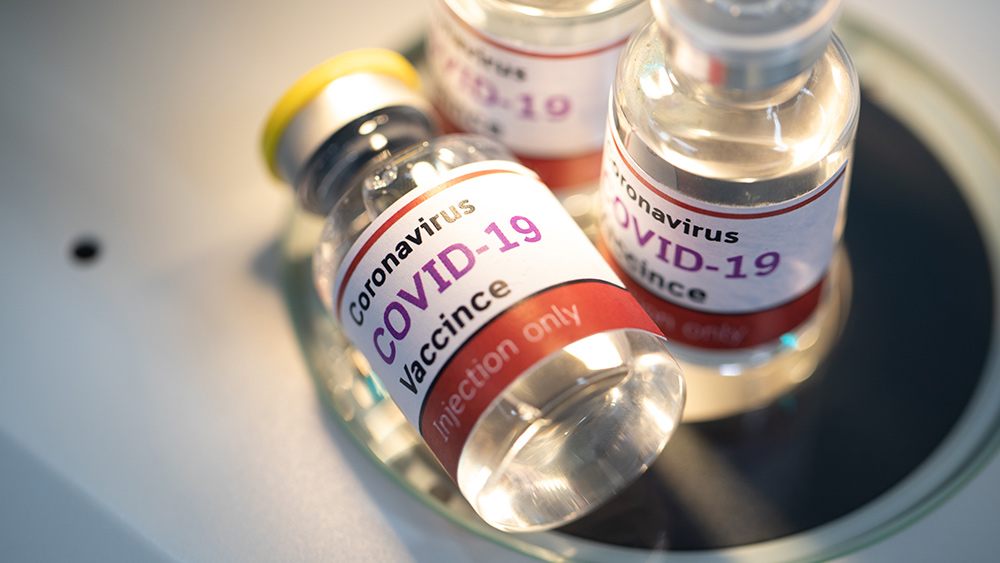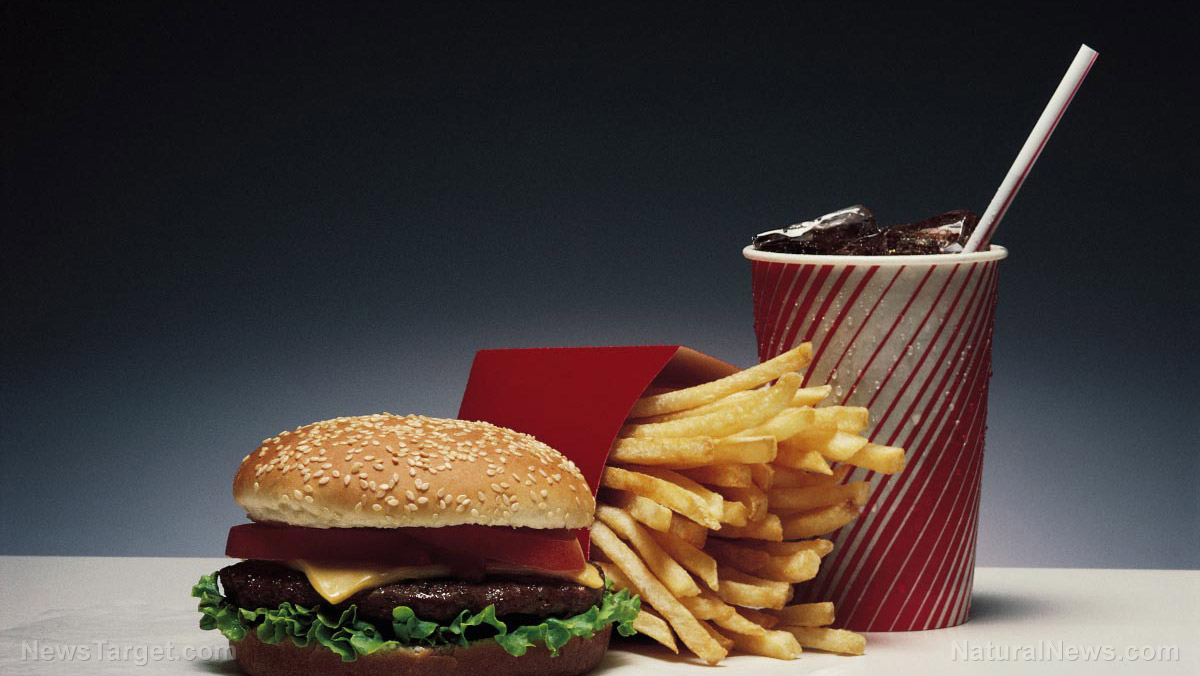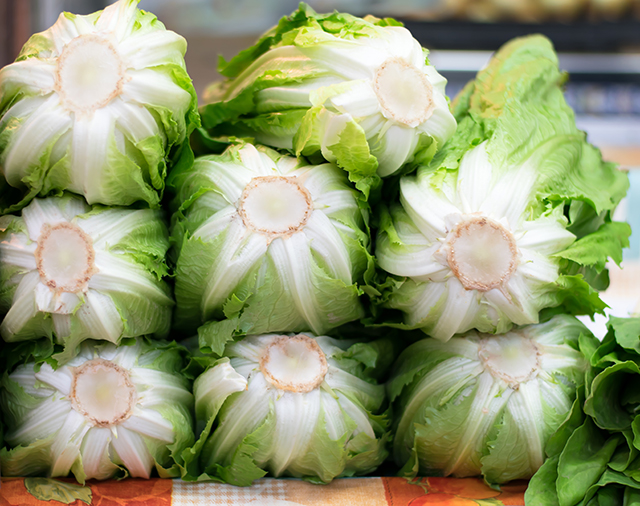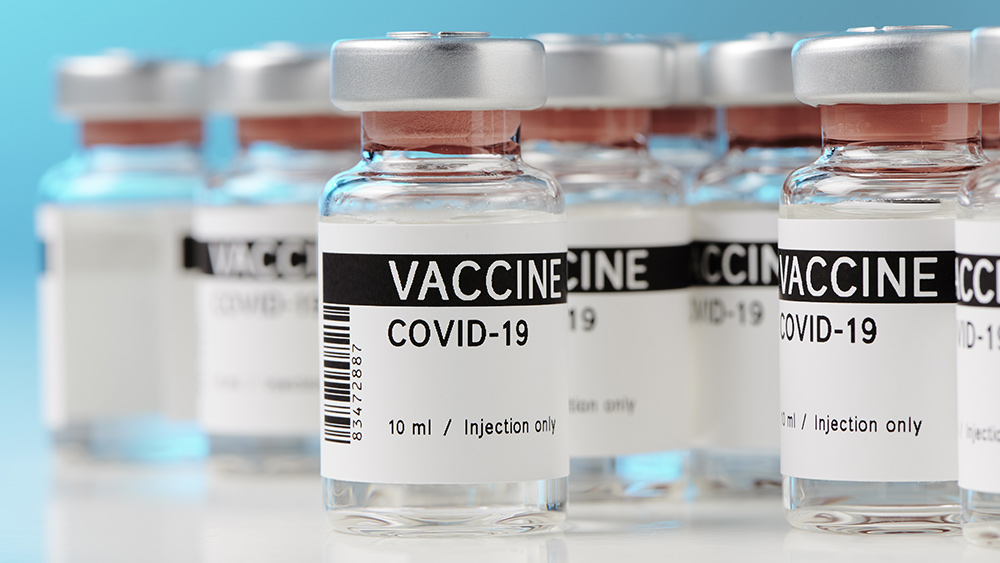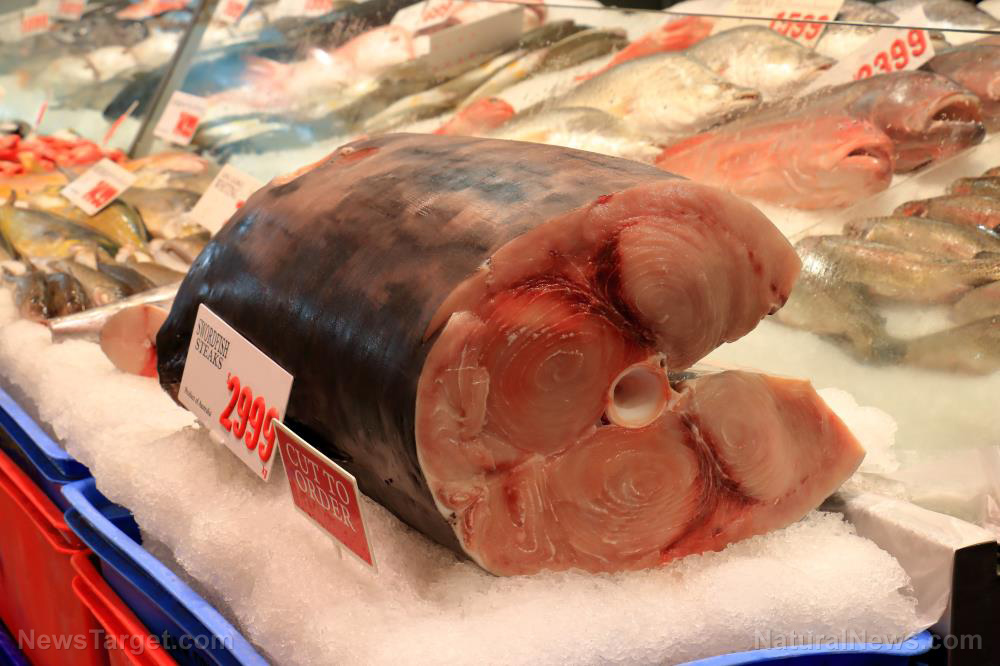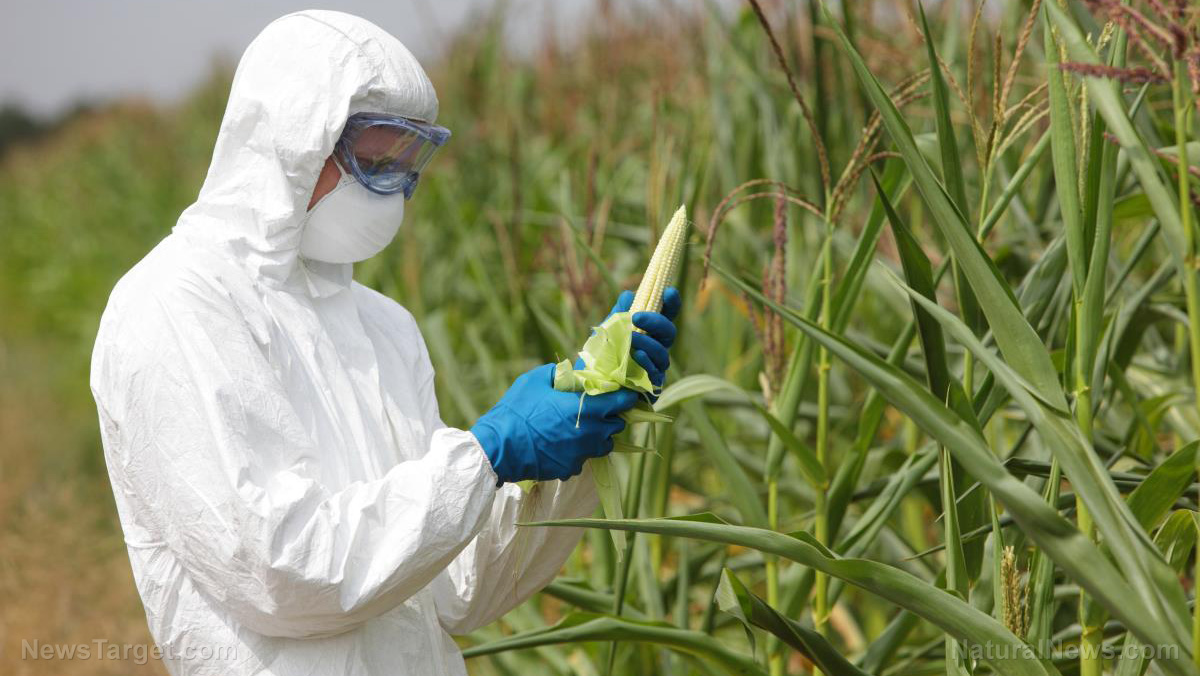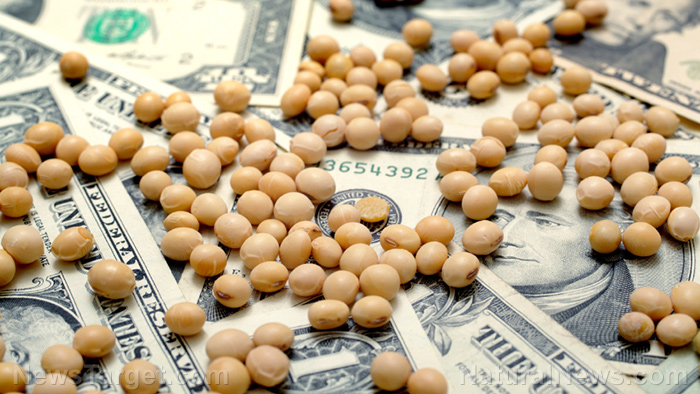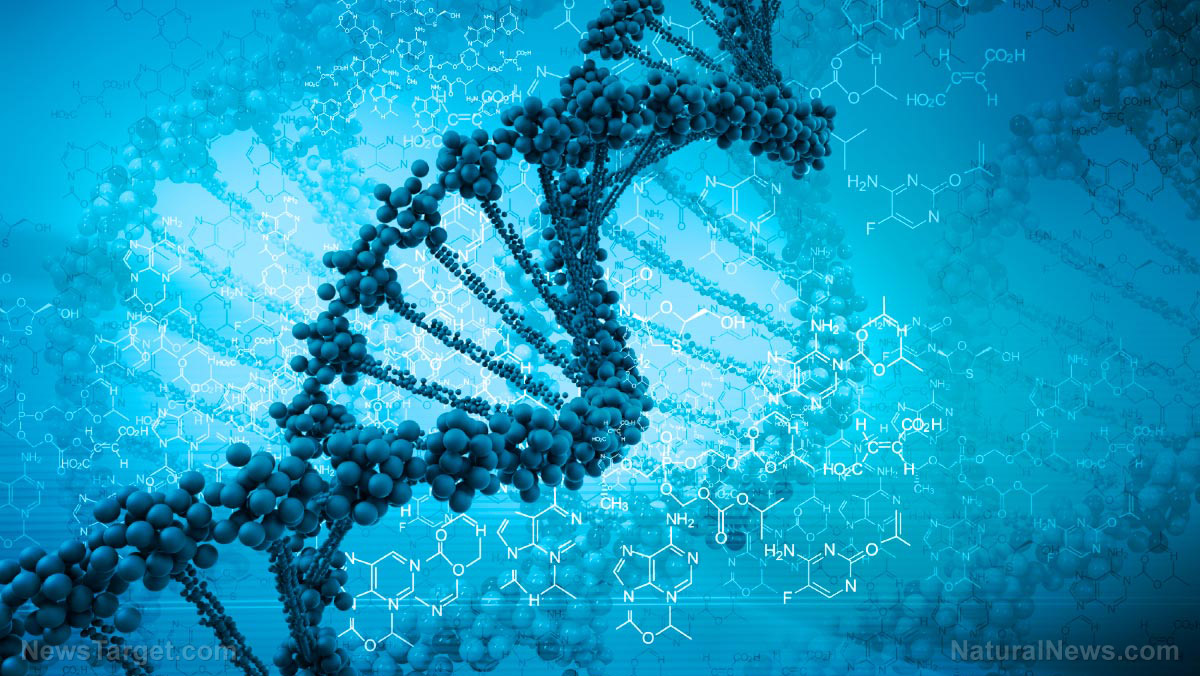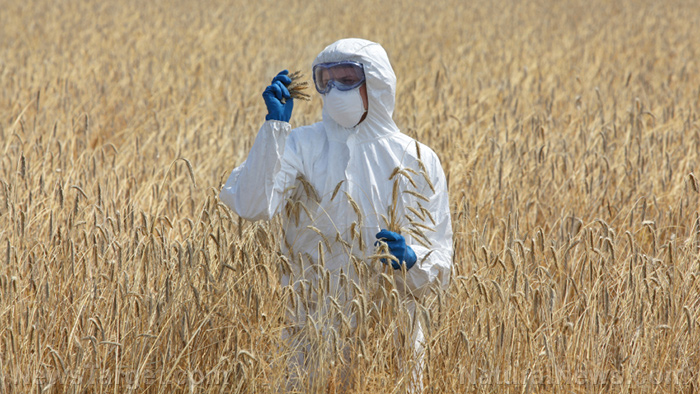Renewable resource or the end of life as we know it? Researchers rewire bacteria from needing sugar to eating carbon dioxide
05/25/2021 / By Cassie B.

Bacteria that eat carbon dioxide instead of sugar are being hailed as a potential solution to climate change, but could this approach signal the end of life as we know it?
Scientists at Israel’s Weizmann Institute of Science have found a way to engineer Escherichia coli bacteria to convert carbon dioxide into energy for themselves while also generating biomass that could be used as a biofuel. The finding came after nearly a decade of research that included genetic engineering and a quick form of “lab evolution.”
E. coli is a rod-shaped type of bacterium that is a normal component of intestinal bacterial flora. Under certain conditions, some strains of this bacteria can cause infections like gastroenteritis. However, E. coli is valuable to researchers because its genome can be manipulated easily by scientists for carrying out different functions.
This bacterium normally feeds off of sugar, whose supplies are far more limited than those of carbon dioxide. The scientists added genes for an enzyme that can convert CO2 to the E. coli genome while removing the ones used to metabolize sugar, effectively transforming the bacteria’s food source.
The scientists weaned the bacteria off of the sugar they were accustomed to eating, giving them just enough to keep them from plunging into total starvation at each stage, along with plenty of carbon dioxide and formate. Over time, some of them learned to develop a “taste” for carbon dioxide; their descendants were then given decreasing amounts of sugar until some made the full transition after around a year of adapting to this new diet, living and multiplying within an environment of pure CO2.
The scientists left the bacteria inside a lab for 200 days to ensure it had lost its need for sugar. When they returned, they found that the microbes had successfully evolved and grown without sugar.
The head of the study team, Professor Ron Milo, said that they hadn’t expected to see such a dramatic change in the bacteria’s genome. They still need to refine the process, however, as the bacteria are currently releasing more CO2 in the process of growing than they consume.
Could CO2-eating bacteria wipe us out?
Nevertheless, the scientists are hopeful that the modified E. coli could be used for generating other chemicals. For example, biotech companies that produce commodity chemicals could avoid the need for large amounts of corn syrup and use this approach instead.
Professor Milo said: “Our lab was the first to pursue the idea of changing the diet of a normal heterotroph (one that eats organic substances) to convert it to autotrophism (‘living on air’). It sounded impossible at first, but it has taught us numerous lessons along the way, and in the end, we showed it indeed can be done. Our findings are a significant milestone toward our goal of efficient, green scientific applications.”
This bacteria’s ability to consume carbon dioxide could have huge ramifications for life on our planet. It’s odd how carbon dioxide has been getting such a bad rap, with the “war on carbon” a hugely misguided effort that could spell the end of life as we know it. Carbon dioxide, after all, is what supports the entire web of life on Earth. Without it, nearly all of the plants on the planet would die in short order. Without forests and food crops, we, too, would become extinct. As scientists continue to work on bacteria that eat carbon dioxide, it is not a stretch to worry that the bacteria could mutate or grow out of control and ultimately wipe out humanity.
Sources for this article include:
Tagged Under: bacteria, biotechnology, carbon dioxide, climate, climate science, CO2, dangerous science, E. coli, Ecology, environment, research, superbugs
RECENT NEWS & ARTICLES
COPYRIGHT © 2017 BIO TECH NEWS

